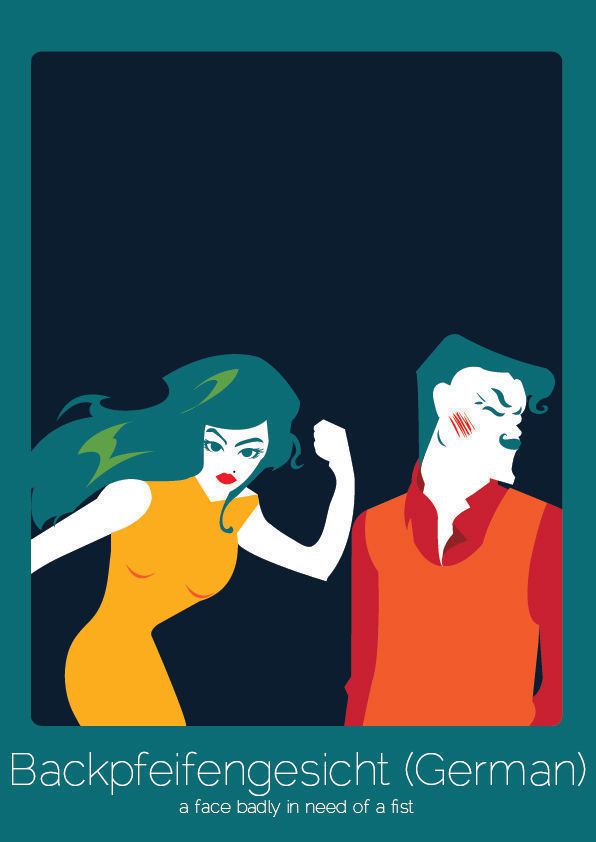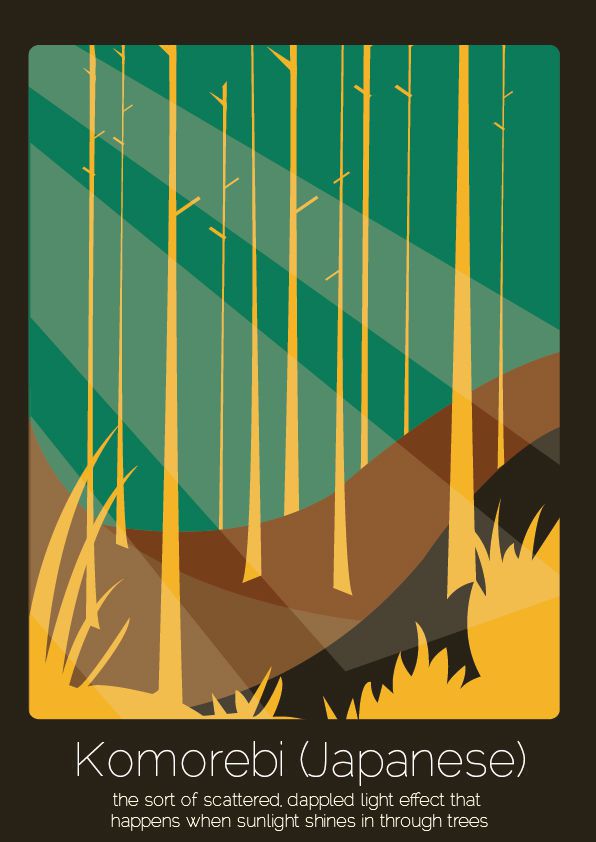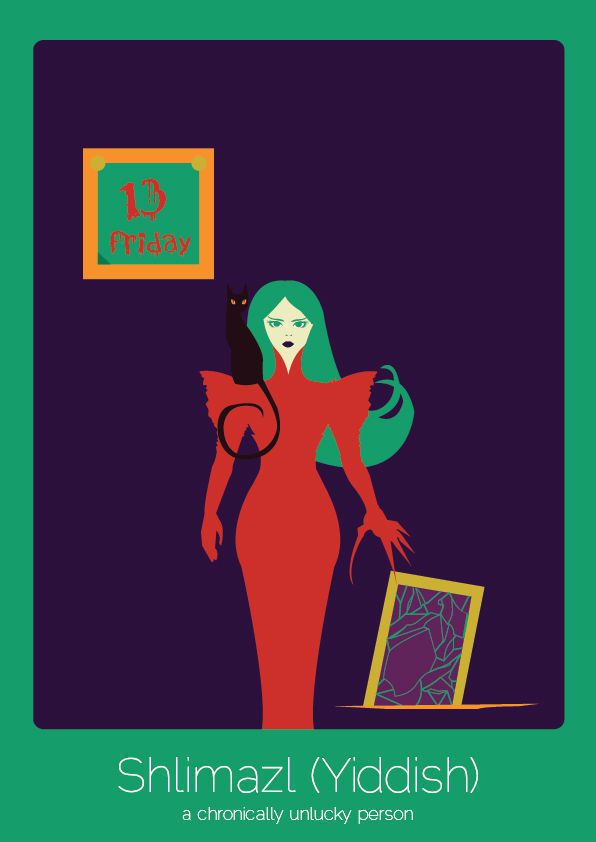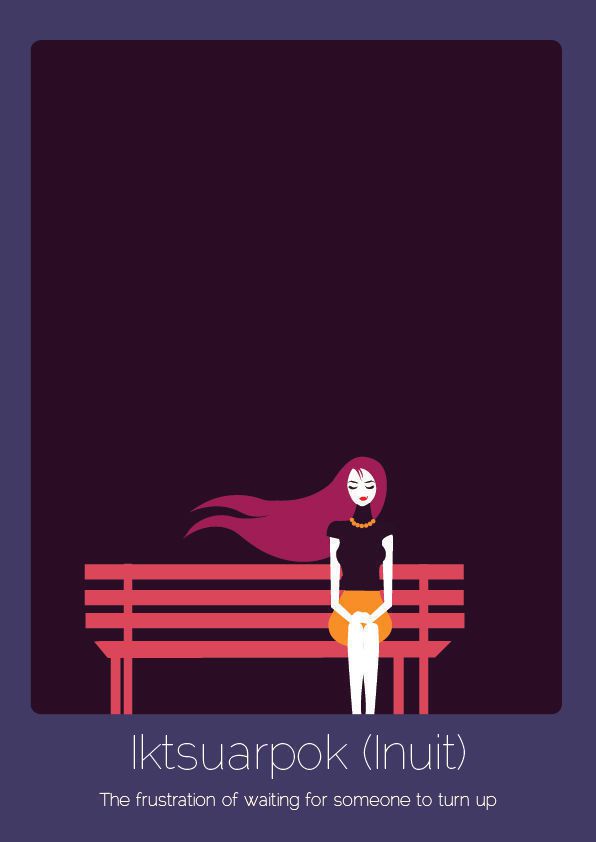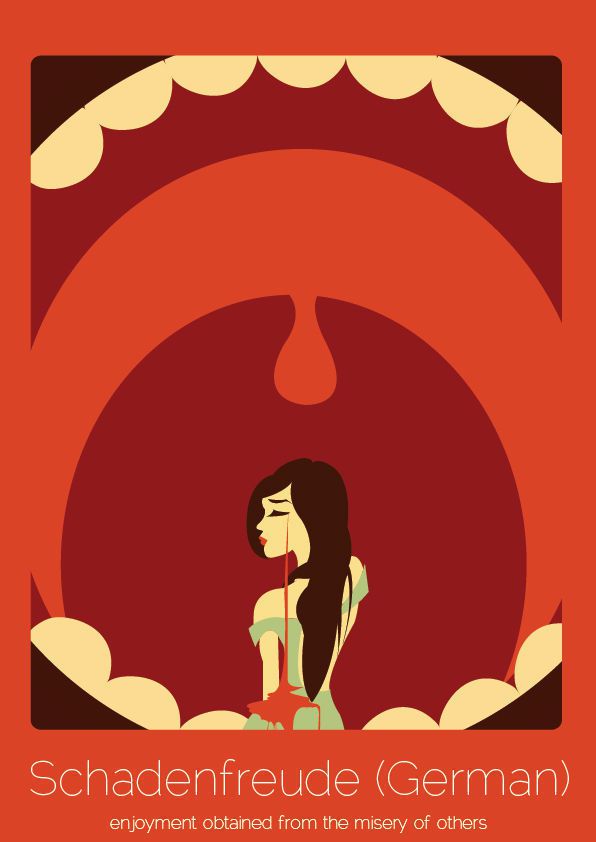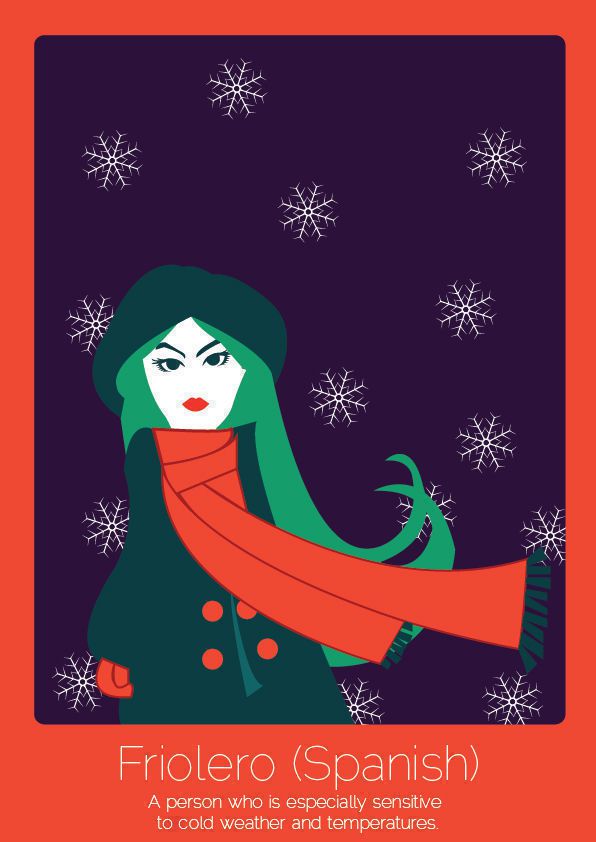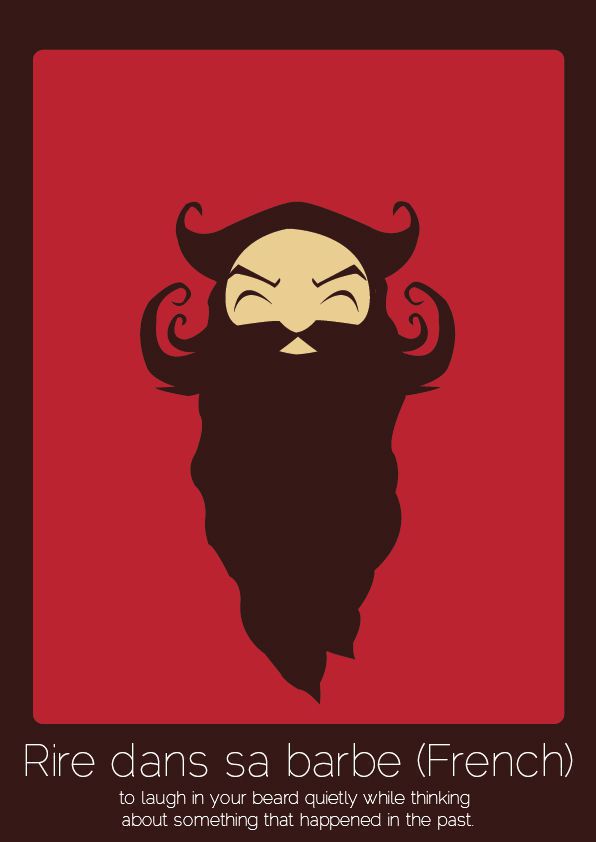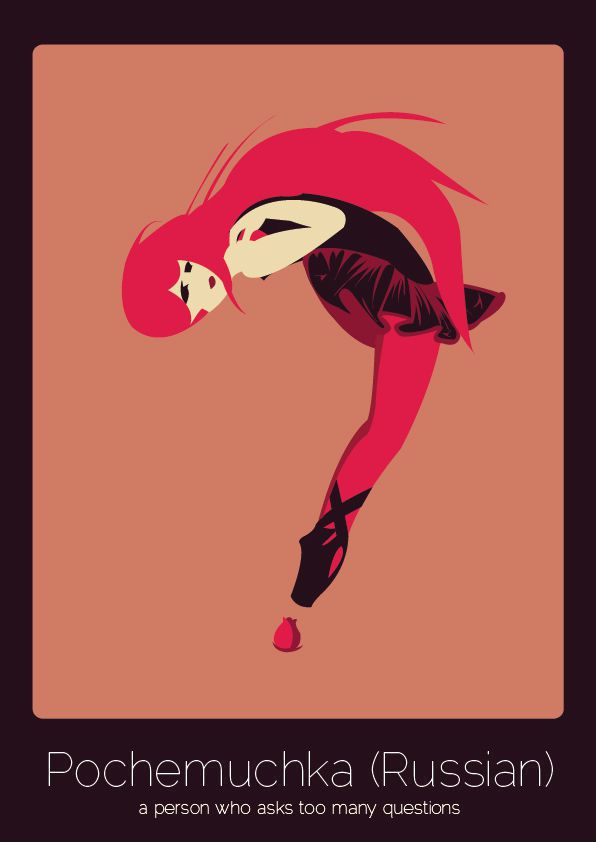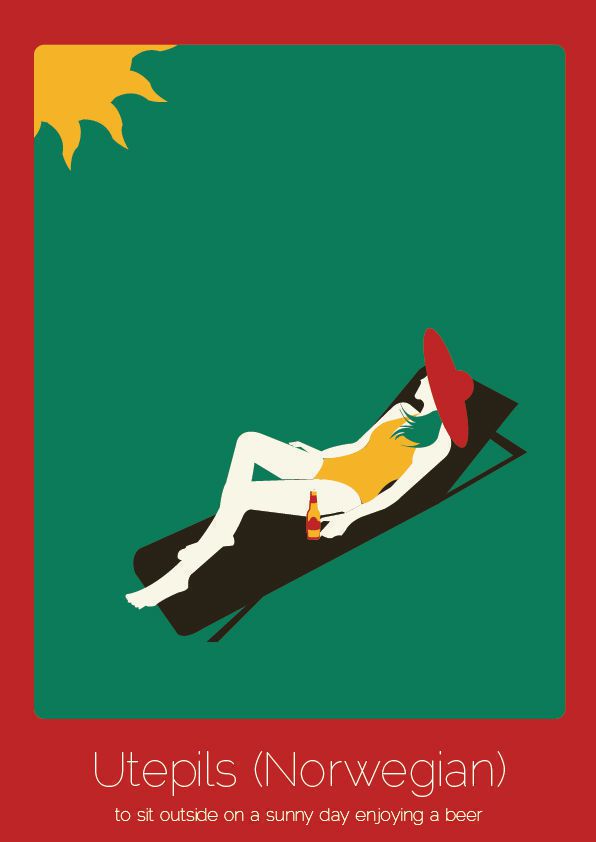Interesting idioms from around the world
No matter what language you’re learning, at some point you’ll probably come across idioms. These phrases, on the surface, seem to mean very little and yet, to native speakers, they roll easily off the tongue without a moment’s thought. In a recent post, we covered Chinese chengyu, idiomatic expressions that each have their own fascinating story. And English is full of strange idioms – ‘to have a chip on your shoulder’, for instance, or ‘to pull someone’s leg’. Very confusing if you’re not very familiar with the language.
Idioms are a tricky part of the language learning process, but well worth it if you can get a few under your belt… 😉 Being able to drop a few colloquial expressions into your speech in the right context will not only boost your confidence, but it’ll also impress whoever you’re talking to!
So here are just a few of our favourite idioms from around the world:
Aus einer Mücke einen Elefanten machen (German)
Literally: To make a mosquito out of an elephant
Meaning: To make a fuss out of nothing
 Énêhpoése ma’eno (Cheyenne)
Énêhpoése ma’eno (Cheyenne)
Literally: The turtle is shrouded
Meaning: It’s foggy
猿も木から落ちる (Saru mo ki kara ochiru) (Japanese)
Literally: Even monkeys fall from trees
Meaning: Even experts get it wrong
Ar gefn ei geffyl gwyn (Welsh)
Literally: On the back of his white horse
Meaning: Full of mischief
Hak mir nisht kin chaynik (Yiddish)
Literally: Don’t chop my teakettle
Meaning: Stop annoying me
Les chiens ne font pas des chats (French)
Literally: Dogs don’t breed cats
Meaning: Like father, like son
chang.sa.rgyag (Tibetan)
Literally: To put up a beer tent
Meaning: To get married
Aquí hay gato encerrado (Spanish)
Literally: there’s a trapped cat here
Meaning: there’s something odd going on
бурхан оршоо бутын чинээ сахал урга (Burkhan orshoo butin chinee sakhal urga) (Mongolian)
Literally: God bless you and may your moustache grow like brushwood
Meaning: Bless you (when someone sneezes)
Avere gli occhi foderati di prociutto (Italian)
Literally: To have one’s eyes lined with ham
Meaning: To be unable to see something that’s plainly obvious
Have you discovered any fun idioms in the language you’re learning? Let us know in the comments!
Found in translation – untranslatable words, in pictures
If you liked our recent infographic on words that don’t exist in English, you’ll love this. New Zealand-based designer Anjana Iyer has been working on a project called Found in Translation, illustrating 41 ‘untranslatable’ words so far, with more to come.
We asked Anjana about the background to her project, and where she gets her ideas from. Here’s what she had to say…
What’s the 100 Days Project all about? How did you get involved?
The 100 Days project is basically choosing one creative exercise, and then repeating it every day for 100 days. It was started three years ago by Emma Rogan, who is quite a renowned senior designer in New Zealand. I came across this through one of the creative meetups happening in Auckland every week, and I decided to participate to improve my illustration skills.
What made you choose untranslatable words for your subject?
I wanted my 100 Days project to be something compelling enough to do every single day. I have had a fascination with learning new languages for the longest time and I just happened to come across this article about 14 words with no English equivalent on The Week. I knew I wanted to base my project around illustrations, since I have only been illustrating for the past two years and I still have a very long way to go, and this was a perfect medium to improve my skills.
This project was started last year as a part of the 100 Days project but I had to drop it after Day 41 due to some professional and personal commitments. It’s suddenly been brought to spotlight because of my friend who recommended me to DesignTaxi and it went viral from there. And with the growing response that it’s gotten, I have restarted the series to include more illustrations.
How did you choose which words to illustrate?
Well, when I first came across these words, I could think of one friend or another when it came to certain words. For example, the Yiddish word Shlimazl (which means a chronically unlucky person), reminded me of a classmate who had the worst luck with our professors. And so I picked words which we could all relate to in way or another and maybe share a laugh or two.
Do you have a favourite so far?
Iktsuarpok has a been a favourite word, simply cause it holds so much meaning. It’s waiting, whether you are waiting for the bus to show up or for the love of your life. It perfectly describes that inner anguish. From the point of view of illustration, I am very happy with how Schadenfreude turned out. That was fun to illustrate.
What’s your background as a designer?
I am a media designer with three years of experience. I love illustration and web design in equal measure. I quit engineering to become a designer. When it comes to illustrations, I love doing mostly vector work. Currently I am in the final year of my studies as a web design student.
Do you speak any languages yourself?
Well, being from India, I think we are born to speak several languages. I do speak about five Indian languages and I have a working understanding of French.
Can you give us a sneak preview of any forthcoming illustrations?
It’s quite surprising how some words can really unite people. The Portuguese word Saudade is such a popular one. I have lost count of the number of people who have requested an illustration of said word. And I am looking forward to completing that one.
To see some of her other illustrations, check out Anjana’s website.
Thanks to Anjana for talking to us; we’re looking forward to seeing more of her brilliant work!
Do you have any favourites? Or any words you’d like to see illustrated? Let us know in the comments.
